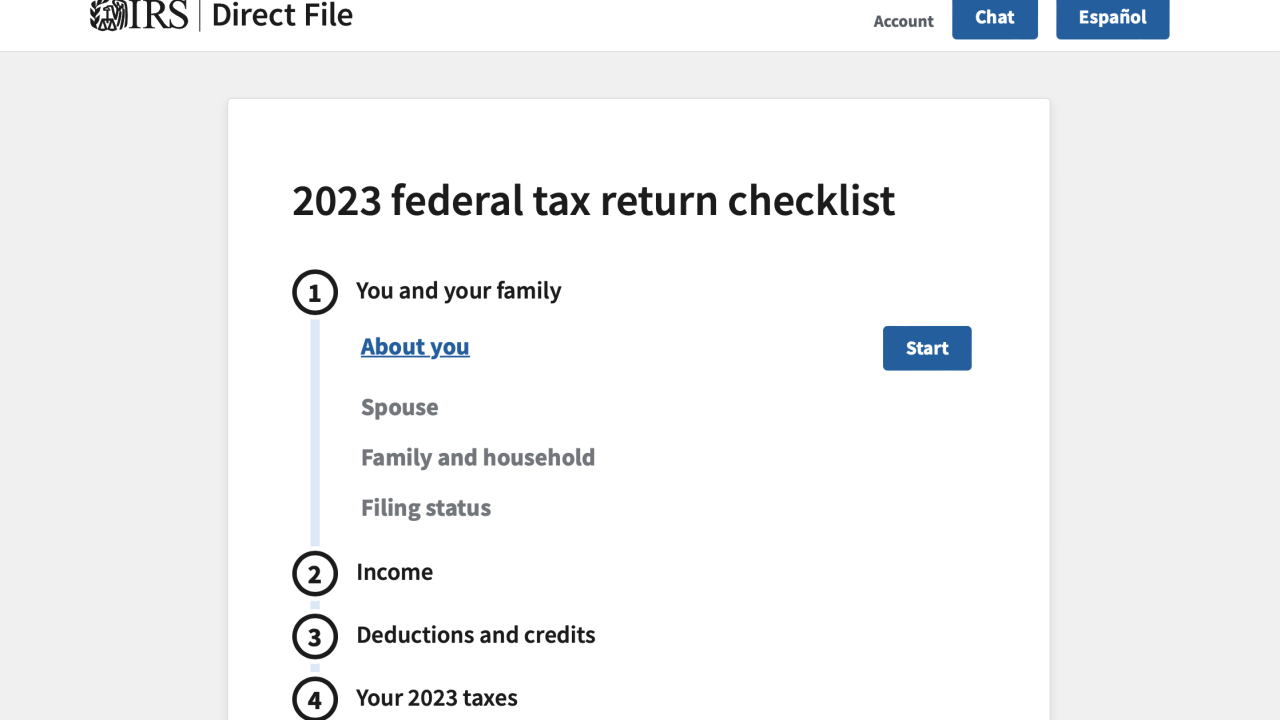Over 14,700 holders of foreign bank accounts told the Internal Revenue Service about the existence of the accounts under a voluntary disclosure program.
IRS Commissioner Doug Shulman said the agency received voluntary disclosures about the presence of billions of dollars in assets in bank accounts located in 70 countries.
To put it simply, this is a historic milestone for the nations hard-working taxpayers, he said, according to the Associated Press.
The IRS had extended the program and offered to allow most of those who came forward voluntarily to avoid criminal prosecution for tax evasion. The agency has successfully prosecuted several UBS account holders who did not come forward voluntarily.
UBS had provided about 150 to 300 names of U.S. taxpayers under a deal with the Justice Department in February in which the Swiss bank also paid $780 million in penalties to avoid prosecution. In August, under a deal brokered between the Swiss and U.S. governments, the bank agreed to provide the names behind an additional 4,450 bank accounts (see
Separately, the Swiss Federal Tax Administration revealed the criteria it will use to disclose taxpayer information to the IRS under the August agreement.
According to the criteria set out in an annex to the agreement, the U.S. treaty request covers the following persons where there is a reasonable suspicion of "tax fraud or the like":
U.S.-domiciled clients of UBS who directly held and beneficially owned undisclosed (non-W-9) custody accounts and banking deposit accounts in excess of 1 million Swiss francs (about $984,000) at any point in time between 2001 and 2008;
U.S. persons (irrespective of their domicile) who beneficially owned offshore company accounts established or maintained between 2001 and 2008.
Further investigations are ongoing in both categories to establish whether "tax fraud or the like" has been committed under the terms of the tax treaty, according to the Swiss government. The term "tax fraud or the like" is defined in greater detail in the agreement on the UBS affair. On the one hand, it also extends to fraudulent conduct (e.g., constructing a scheme of lies or submitting incorrect or false documents) that might result in the concealment of assets and the underreporting of income.
Where such conduct is proven, the qualifying threshold under the U.S. treaty request is lowered to include holders of accounts containing assets of 250,000 Swiss francs (about $246,000) or more. In addition to cases of conventional "fraudulent conduct," Switzerland may also be asked to obtain information on continued and serious tax offenses. According to the annex, this refers to accounts that generated revenues of more than 100,000 Swiss francs (about $98,000) on average per year for a period of at least three years, where such revenues were not reported to the IRS.
Under the terms of the agreement, the Swiss Federal Tax Administration must evaluate the 4,450 UBS accounts within 360 days of the treaty request being received, on Aug. 31, 2009. The dossiers are sent to the SFTA, and auditing firm PricewaterhouseCoopers reviews the facts in accordance with SFTA instructions. The legal qualification lies with the SFTA.
The Swiss government will allow the individuals concerned to inspect their dossiers upon request, and will also give them the opportunity to state their case. Finally, the SFTA will decide whether or not assistance will be provided, and will issue a final decision. Upon receipt of this decision, the individuals concerned have 30 days in which to lodge an appeal with the Swiss Federal Administrative Court, which will issue a final decision. The Swiss government estimates the costs of the UBS affair at around 40 million Swiss francs, or over $39 million.
Approximately 40 people, including 10 from PwC, are currently employed on the project.





